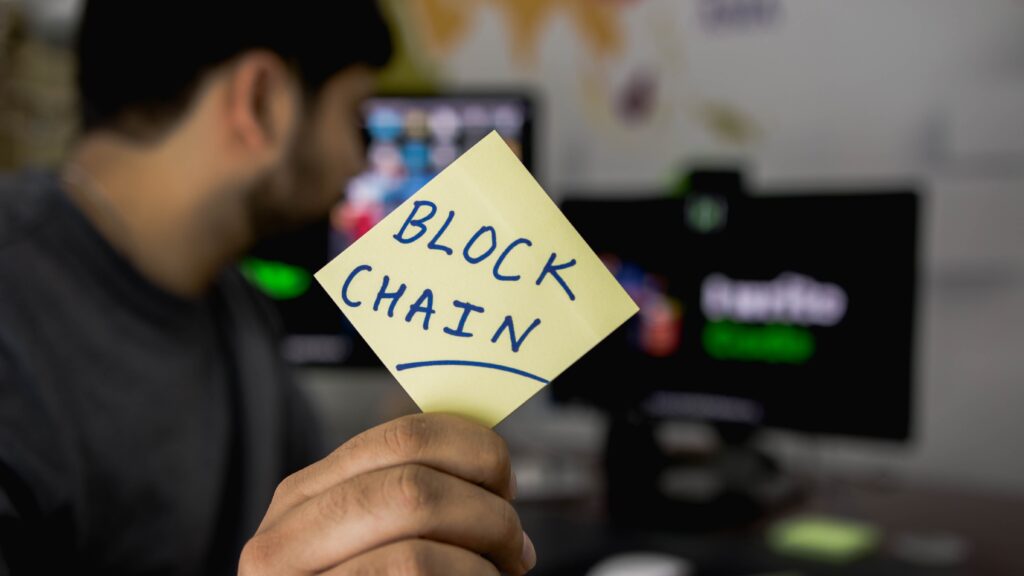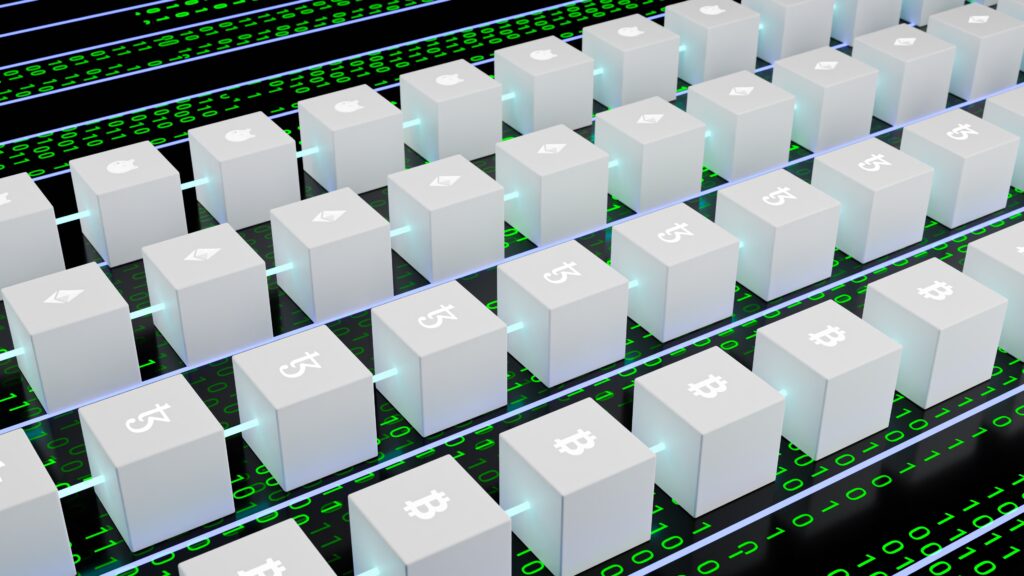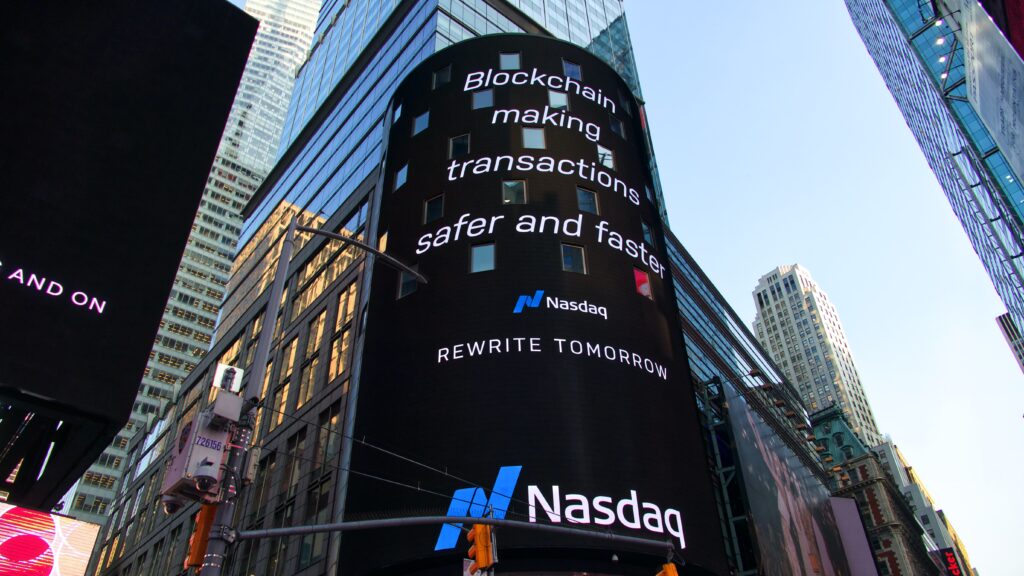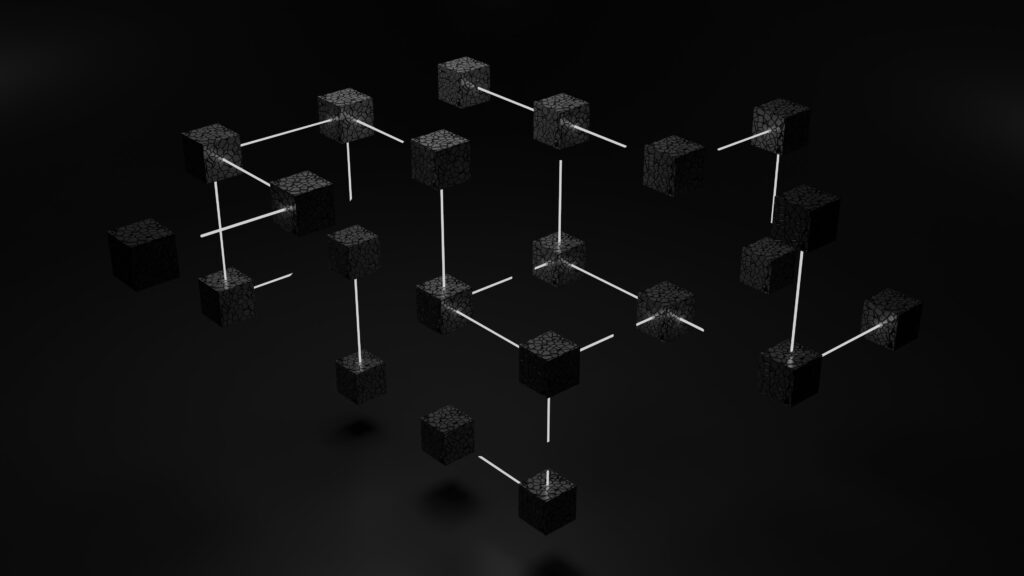We are living in a tech-driven business landscape, the convergence of Artificial Intelligence (AI) and Blockchain is reshaping the way companies operate and innovate. This blog explores the exciting synergy between AI and Blockchain, shedding light on how this integration can significantly enhance your business solutions. Let’s embark on this journey to understand the transformative power of combining these two cutting-edge technologies.
The Role of Blockchain in AI

To fully appreciate the potential of AI in Blockchain, it’s crucial to understand the role of Blockchain in AI. Blockchain, best known for its role in secure and transparent data management, provides the foundation on which AI can thrive. It offers a decentralized ledger where data is immutable, ensuring the integrity of information crucial for AI-powered decision-making.
five key points highlighting the role of blockchain in AI:
- Data Security and Integrity:
- Blockchain ensures the security and integrity of data used in AI applications. It creates a tamper-proof ledger where data is stored across a decentralized network. This immutability makes data trustworthy and less vulnerable to unauthorized modifications or breaches.
- Data Sharing and Collaboration:
- Blockchain facilitates secure and transparent data sharing among different stakeholders in AI projects. This is particularly important in collaborative AI initiatives where multiple parties need to access and contribute to the same dataset while ensuring data privacy and security.
- Decentralization and Trust:
- Blockchain’s decentralized nature removes the need for intermediaries in data transactions, fostering trust among participants. In AI, this trust is essential when multiple entities collaborate or when AI models make decisions based on shared data.
- Smart Contracts for AI Automation:
- Smart contracts, self-executing agreements on the blockchain, can automate various aspects of AI operations. They can govern data access, usage, and payments, streamlining processes and reducing the need for manual intervention.
- Immutable AI Model Provenance:
- Blockchain can record the entire history and evolution of AI models. This provenance tracking ensures transparency and accountability, making it easier to audit and validate AI model outcomes, which is crucial in regulated industries like healthcare and finance.
How Blockchain Promotes Data Security

In the age of data breaches and cyber threats, data security is paramount. Blockchain offers an impenetrable fortress for your data. It encrypts information and stores it across a decentralized network of computers, making unauthorized access nearly impossible. As AI relies heavily on data, this level of security is invaluable in ensuring the trustworthiness of AI-driven insights.
Blockchain promotes data security by creating an unalterable and decentralized ledger, effectively safeguarding information from tampering and unauthorized access. Its cryptographic encryption ensures that data remains confidential and immune to malicious breaches. By distributing data across a network of nodes, blockchain mitigates the risks associated with centralized databases, making it exceptionally difficult for cyberattacks to compromise the integrity of stored data.
This heightened level of security not only fosters trust but also reinforces the foundation for innovative applications, particularly in sectors where data integrity is paramount, such as finance, healthcare, and supply chain management.
Data Sharing Made Easy with the Help of Blockchain

One of the key challenges in the business world is secure data sharing among different stakeholders. Blockchain simplifies this by allowing secure, transparent, and auditable data exchange. Imagine the seamless collaboration between partners, suppliers, and customers, all sharing data in a trustless environment. This level of transparency and efficiency can revolutionize your supply chain and customer relationships.
- Transparent and Secure Data Exchange:
- Blockchain enables transparent and secure data sharing among multiple parties. Each participant has access to an identical, tamper-proof ledger, ensuring trust and eliminating the need for intermediaries in data transactions.
- Efficient Collaboration:
- Businesses can collaborate more efficiently through blockchain-powered data sharing. It streamlines processes, reduces errors, and enhances real-time access to shared information, fostering collaboration among partners, suppliers, and customers.
- Enhanced Data Privacy Control:
- Blockchain allows individuals and organizations to maintain greater control over their data. Participants can choose what information to share, with whom, and for how long, ensuring data privacy while still benefiting from shared data resources.
Enhanced Customer Experience

AI in Blockchain can unlock the potential for highly personalized customer experiences. By securely analyzing customer data on the blockchain, businesses can offer tailored products and services, creating deeper connections with their audience. Moreover, customers can have more control over their data, knowing it’s stored securely on a tamper-proof ledger.
Conclusion
The integration of AI and Blockchain is not merely a technological advancement; it’s a game-changer for businesses. It amplifies data security, fosters collaboration, and elevates customer experiences to new heights. As you explore the possibilities of this powerful combination, you’ll find innovative solutions to long-standing challenges and a pathway to a more efficient and secure future for your business.
FAQs
1. What exactly is the synergy between AI and Blockchain, and why is it relevant for businesses?
- The synergy between AI and Blockchain involves using AI algorithms and techniques to analyze and derive insights from data stored on a blockchain. It’s relevant for businesses because it enhances data security, transparency, and enables innovative solutions like personalized customer experiences.
2. How does Blockchain enhance data security for AI applications?
- Blockchain ensures data security by encrypting and storing data across a decentralized network. It makes data tamper-proof, reducing the risk of unauthorized access and data breaches. This security is crucial for AI, which relies on clean and trustworthy data.
3. Can you provide an example of how Blockchain facilitates secure data sharing among stakeholders in a business ecosystem?
- Certainly! In supply chain management, different parties like suppliers, manufacturers, and retailers can securely share data on a blockchain. This enables real-time tracking of products, reduces errors, and enhances collaboration.
4. How does the integration of AI and Blockchain improve customer experiences?
- AI in Blockchain allows businesses to analyze customer data securely. This enables personalized recommendations, tailored products, and services, ultimately leading to improved customer satisfaction and loyalty. Moreover, customers have more control over their data, enhancing trust.
5. What are some practical steps for businesses looking to leverage AI in Blockchain for their solutions?
- Businesses can start by identifying areas where AI can enhance their operations and customer experiences. They can then explore blockchain platforms and solutions that align with their goals. Collaborating with experienced AI and blockchain experts is also advisable to ensure a successful integration.
